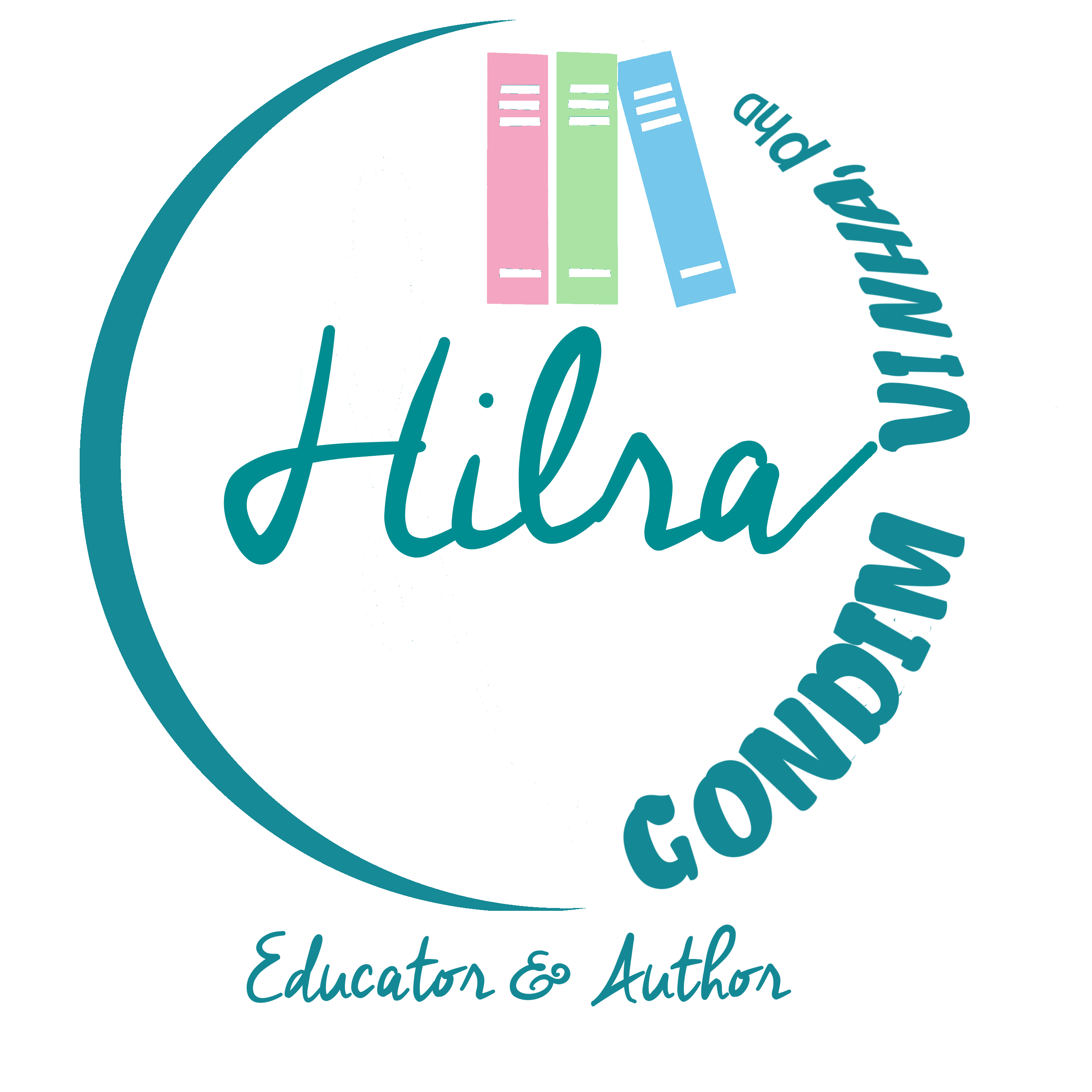07.11.2006
[Mike Grenfell]
Writing a critical literature review
- Where does my research fit in?
- What is available to me in terms of documents?
- What should be the process in producing a CLR?
- What characterizes a CLR?
- What is meant by critical?
- What do I know already?
- What do I have to do?
How does your research topic fit in?
(Background)
- History
- What is known about it?
- What are the significant findings?
- What is not known?
- What kind of approaches are dominant in your field?
- What are the confilcts and tensions?
- Your contributions?
What is availabole to me in terms of documents?
(What you can quote in a research)
- Research journals
- Books
- Oficial documents
- Conference proceedings
- White paper
- Online articles
- Personal communications
- Magazines, newspapers
- Mimeograph
What should be the process in producing a CLR?Divide the area of the review into sections
- Always explain the structure of the chapter or section
- REview periodically
- Tell them what you are going to tell them, tell them, and tell them what you have told them (true for chapters/sections)
- Work to a word legth
- Don’t just describe – copmment with your views
- Thesis + antithesis -> synthesis
- Syntethize: narrative structure + meta narrative
- Be careful with “I”, “should”, “this”
- Use 1.1.; 1.2.; 1.3. and so on, but not overdo it
- Use citations with effects
- Be prepared to up-date
What characterizes a CLR?
- A literature review is a kind of this is my way to tell the story
- You can seek some guidelines, but you need to do it in your own way.
- It’s you developing your version of it.
- Enough reference but not too much reference. Don’t do oblique reference.
- The tone of a critical review tend to be passive, rather than in the first person.
- Analyse a critical review:
layout
language [sense of audience]
style
What do I have do?
- Read for a purpose
- Read for two weeks andwrite, read two weeks and write, create a cycle
- Situate your field/topic
- Work from a concept map
- Make notes of everything you read
- Discrimminate between the centrality and the marginality of what you read
- Adopt reading strategies
- Look for previous reviews
- Cover a range of old and new (background)
- Do a literature research
